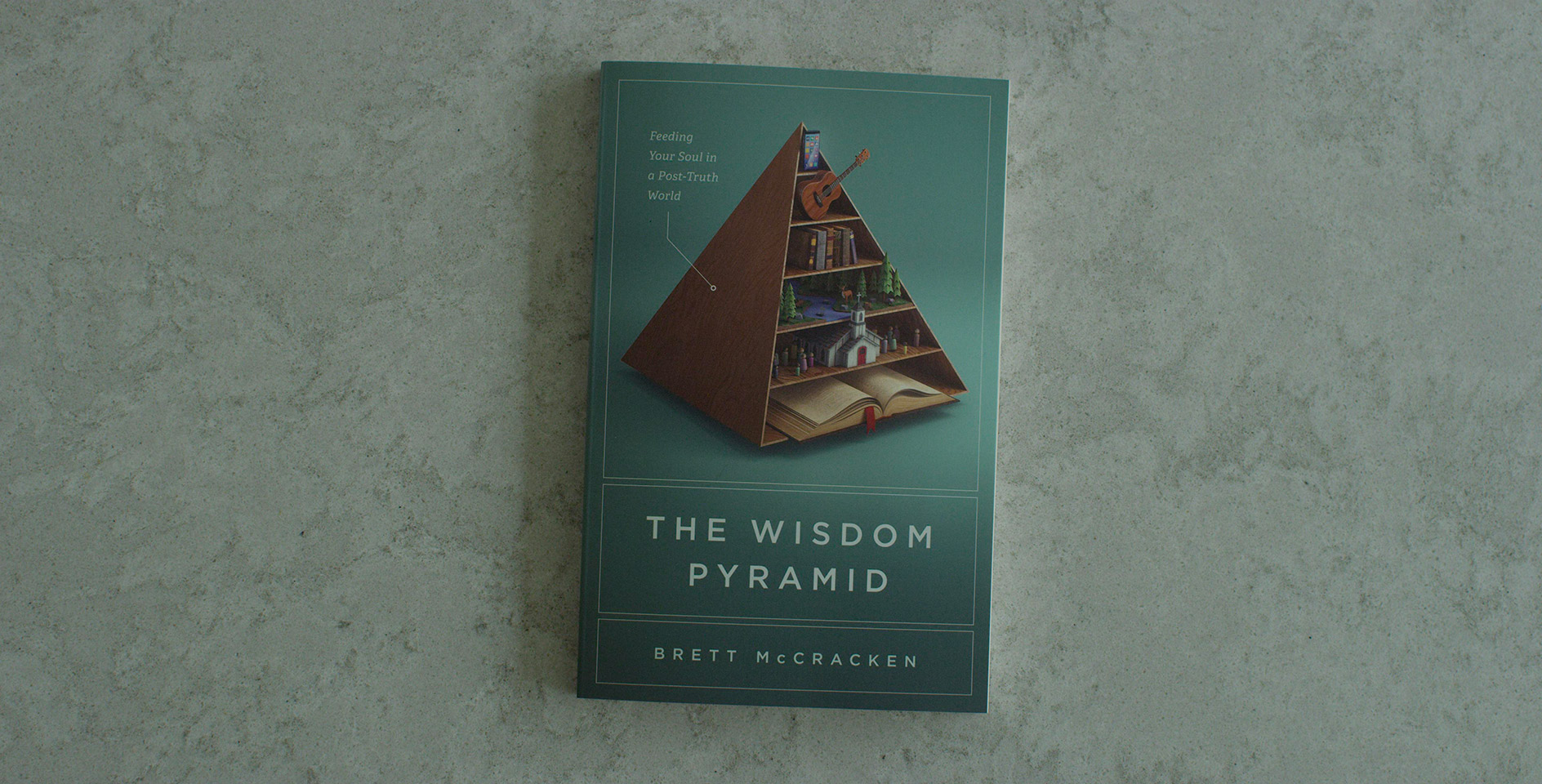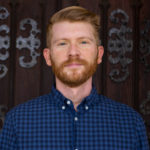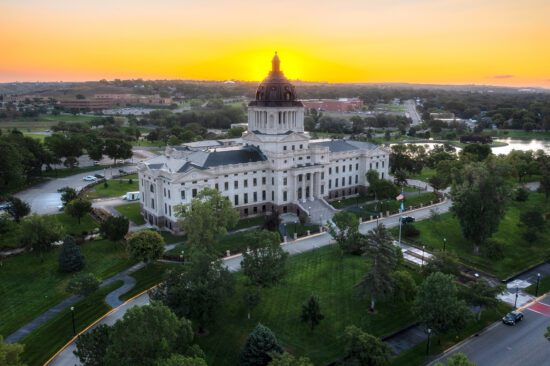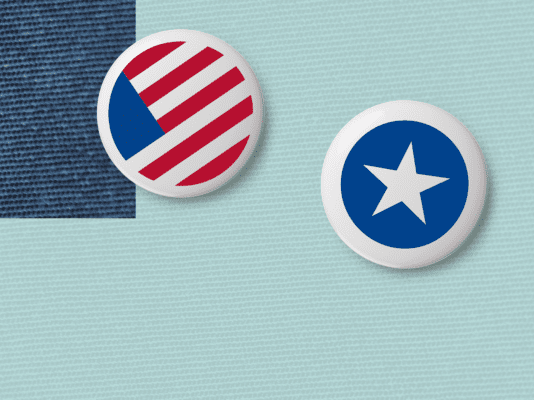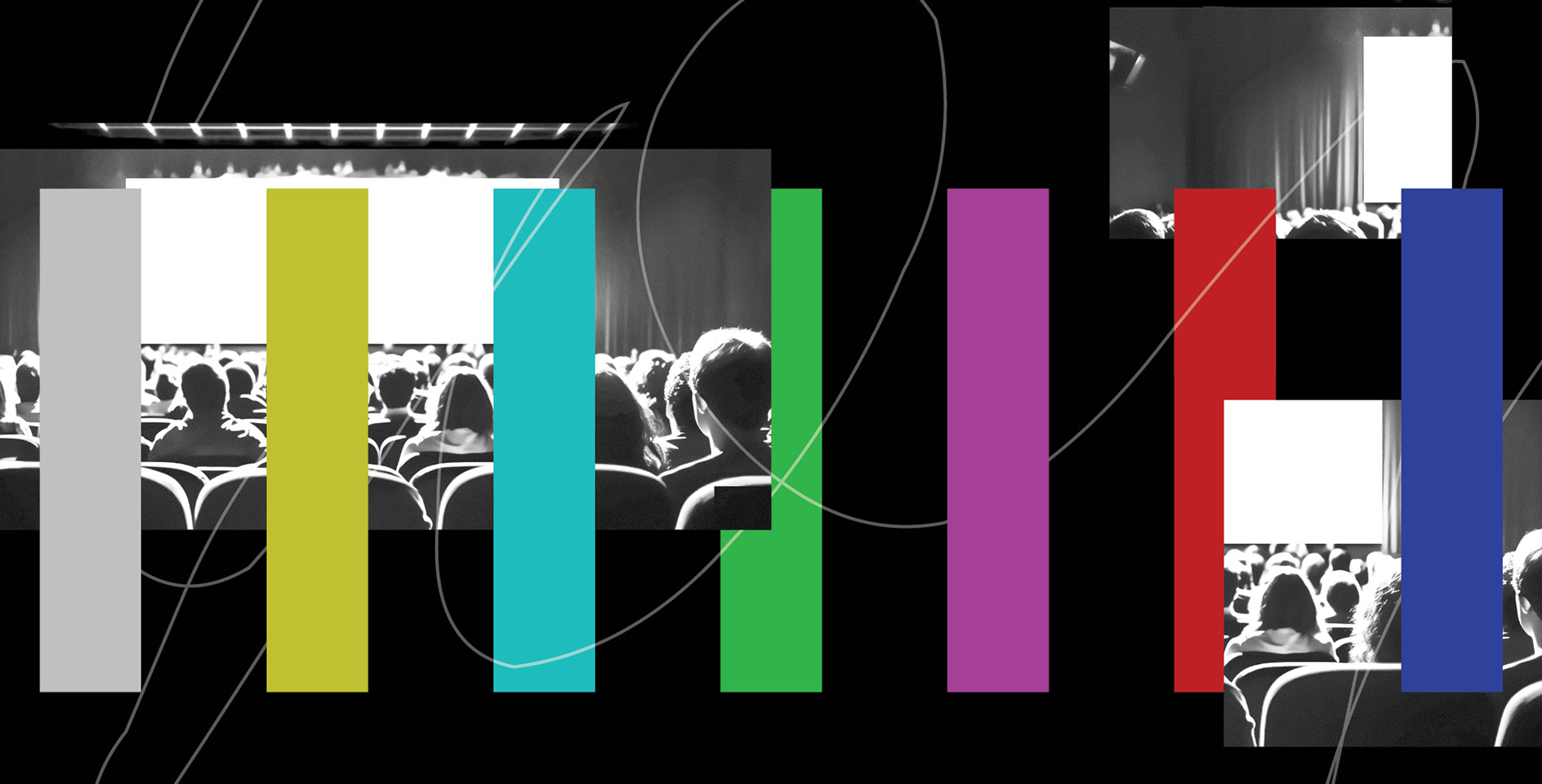“Our world has more and more information, but less and less wisdom,” says Brett McCracken, author of the recent book, The Wisdom Pyramid. “More stimulation; less synthesis. More distraction; less stillness. More pontificating; less pondering. More opinion; less research. More speaking; less listening. More to look at; less to see. More amusements; less joy. There is more, but we are less. And we all feel it.”
Though the age of information has created a real predicament for us, we are not called to yield to the currents of our day that are sending us downstream and away from the path of life. Instead, as Christians, we are called to swim upstream toward wisdom and toward true human flourishing. To that end, Brett McCracken has given readers a helpful tool to aid us on our journey toward a life of wisdom. He recently spent some time interacting with us on several of the ideas in the book, which you can read below.
One of the major aspects of The Wisdom Pyramid is the likening of our information intake to that of our food intake. Your “Wisdom Pyramid” in some ways mimics the intent of the USDA’s “Food Pyramid” published in the early 90s. Why do we need a similar tool for the development of wisdom?
The same logic that gave rise to the Food Pyramid—that the composition of our physical intakes can make us either physically healthy or sick—applies as well to our spiritual health. The ideas we take in can make us spiritually healthy or spiritually sick, wise or foolish. Just as for our physical health we need to be mindful of the types of foods we are consuming, and in what proportion, we also need to be mindful of the intakes coming into our hearts, minds, and souls. The voices we listen to, the sources we look to for information, the places we spend our time — all of it shapes us, for good or for ill. I wrote the book because I’m seeing a lot of imbalanced information diets these days (including in my own life!), and it’s making us sick.
In the book’s introduction, as you describe our “unwise age,” you write about the problem that our brains are overstimulated. What are the consequences of having a constantly overstimulated brain? How does it affect our ability to think?
There is research showing that our brains are expending so much energy doing constant triage — sorting through the glut of information encountered on any given day — that there’s increasingly little energy left to spend on deeper level thinking: reflection, synthesis, critical evaluation. Of course, these are exactly the mental skills we desperately need if we are to be wise. Our brains are being rewired by the fragmented, disconnected, hyperspeed nature of information consumption today. And the rewiring is causing us to forget how to think carefully, slowly, and in a focused way. Mentally we live most of our days online in a “mile wide, inch deep” sort of mode. Over time, that leads our brains to lose the ability to go much deeper than an inch on anything, even if we wanted to. That’s scary.
You describe how, as with eating food too fast, consuming too much information too quickly isn’t healthy for us. As it relates to developing wisdom, why does the fast intake of information not transfer to the cultivation of wisdom?
When we consume information too quickly, we rarely take sufficient time to vet the quality of that information. Is it sound? Is it biased? Is it presenting both sides of the story objectively? Is it omitting something important? Media today tends to focus on sensationalized headlines and incendiary angles, to get people to click or watch. When we consume information too quickly we are passive pawns who click on things indiscriminately and then retweet or share without thinking twice about whether we should. We are gullible and reckless.
Wisdom often means withholding immediate commentary until sufficient context and facts are known. Wisdom is patience and restraint in a world where we’re beckoned to opine, rage, and comment on events in real time. Foolishness is what makes QAnon conspiracy theories go viral. Foolishness is what perpetuated false narratives about Jussie Smollett and Nick Sandmann (among many others) before full contexts and facts were known. Foolishness rushes to judgment and situates things too quickly, and simplistically, in partisan narratives. All of this foolishness comes about because we go too fast. Wisdom is countercultural in part because it insists on a slower, more careful pace in a relentlessly fast world. Cultivating wisdom is necessarily a patient endeavor—which makes it an increasingly hard endeavor in today’s world.
You go on to assert in chapter 1 that the constant glut of information serves to fragment our lives by orienting our attention everywhere but the place in which we physically find ourselves. Why is this significant?
This is an incredibly damaging dynamic. The internet and social media are placeless — everywhere and nowhere, all at the same time. By sucking our attention constantly into the endless conveyor belt of controversies, headlines, injustices, diversions, and pseudo-events that populate our feeds, we can easily spend our entire lives attending to things far removed from our immediate contexts, leaving us with little energy or interest to engage the (usually more mundane) realities right in front of us.
You take aim in chapter 2 at the popular phrase “redeeming the time,” saying that “instead of being content with silence in the “in between” moments of life,” we can’t help but “do something, anything, to maximize the time” (40-41). How might this phrase “redeeming the time,” and our practice of it, be misguided? What do we gain by trading the constant hum of information for silence?
The impulse to “redeem the time” is understandable, especially for Christians who have a clear mission and want to make every moment matter. There’s so much to do, so much to know, so many books to read! The glut of content (much of it excellent) makes it even harder to resist the “optimize every moment” mindset. We have to remember, though, that rest is God’s idea. He created the Sabbath. He also created humans with limits; he created us to need sleep. No human can be “always on,” even if we live in an always-on world. I’ve found in my own life that some of my most fruitful and creative stretches come out of a time when I prioritized rest. Some of my best ideas come when I’m just still and not doing. I’m convinced that silence and empty, unmediated space in our lives is absolutely essential for our wisdom. It helps us slow down and think more carefully. It helps replenish our overtaxed brains and our overwhelmed senses.
Can you discuss the correlation between living in a technological society and the growing tendency to “reject the truth of the body,” as you say? How can we resist this tendency?
The more we live our lives in the ethereal, abstract, disembodied spaces of the internet, the more detached we can get from physical, embodied reality (of which our own bodies are just one part). The more we live in the “virtual” reality of online life (where there are few limits on the identity you want to present to the world), the less we feel constrained by actual reality, not least the reality and accompanying limits of our given physical bodies. This is why, for example, something like transgenderism has risen to prominence in the internet age. There are other factors that have contributed to it, but the idea that one’s “gender identity” can be something wholly detached from biology—gender as a “reality” as easily constructed and changeable as a Facebook profile picture—is an idea that can gain unique traction in a virtual world of avatars and digitally performed/manipulated identity.
Wisdom is countercultural in part because it insists on a slower, more careful pace in a relentlessly fast world.
How do we resist the distorting effects of the digital age? How can we guard against the ways our own concept of self can be shaped in a virtual world? Part of it is making sure we spend enough time in the offline world. Go outside more! Exercise. Get your hands in the dirt. Do things that make you aware of your body—what it can do and what it can’t do. This is part of why I included nature as a key component of wisdom in The Wisdom Pyramid. All sorts of foolishness arises when we distance ourselves from God’s creation and forget that we, too, are creatures God made. But there is wisdom to be found if we’re aware, attuned, and grateful for creation’s rhythms, order, and design.
In the book, you mention your dad often. How did his habit of consistently reading the Bible affect you as a kid?
Habits of wisdom are first and foremost picked up by observing them in others. You can be told Bible reading is important, but it becomes more believable and real when you see it in practice. This was the case for me, growing up with a dad who I often saw reading, studying, and treasuring the Bible. I have such clear memories of him sitting in his chair with a big old Bible, stuffed with church bulletins and Scripture memory cards, with a fountain pen and highlighter. It signaled something in my young mind and soul about the importance of the Bible. I hope my own sons have similar memories of me.
In chapter 5, you say that “Our inflated focus on global awareness depletes our capacity for local action” (96). Can you expound on this? To what extent should we prioritize local action over global awareness?
Neil Postman described this in terms of a severing of the connection between information and action. For most of human history, the only information one had access to was actionable information, and so there was a connection between what filled our brains and what our bodies did. But after the telegraph and then even more so with subsequent innovations in mass communication (especially the internet), suddenly we were exposed to huge amounts of information from far away places—information which we consumed but could not really act on. In the social media era this is now the majority of information that fills our brains—information that is inactionable aside from awareness and maybe some social media commentary. No wonder we are so angsty and mad all the time. No wonder our mental health has never been worse. Our brains and souls were never meant to bear the burden of so much information that has little real-world application in our lives. Constant awareness without recourse to tangible action leaves us feeling impotent and frustrated.
You argue that books are a “massively important source of empathy.” In what ways do books help cultivate empathy in us? Why is this important?
When you read a book you are literally practicing the wisdom of James 1:19: “be quick to listen, slow to speak.” You are giving your silent attention to another person’s voice, perspective, and experience. You are humble and teachable (which is not to say gullible or uncritical). To read another’s perspective in a book — whether a nonfiction argument or a fiction narrative — you are walking in another’s shoes. And walking in another’s shoes can’t help but cultivate in us empathy. A book is far better than a tweet for helping us understand where someone is coming from. That’s why reading books by authors on the “other side” or various arguments, or even reading books by a hostile opponent, can be good for us. Even if we still vehemently disagree with their arguments and perspectives, reading their book helps us see that they are human whose passions and perspectives are shaped by a story — just as yours are.
What are some of the books, both Christian and non-Christian, that you would recommend to readers as they seek to grow in wisdom?
That’s a question I could answer in a thousand ways. So I’ll just mention five that have shaped me personally: C.S. Lewis, The Weight of Glory; Marilynne Robinson, Gilead; J.I. Packer, Knowing God; Neil Postman, Amusing Ourselves to Death; and John Stott, The Cross of Christ.
In contrast to what some would say, you state that “the internet and social media desperately need people of light to stay rather than leave” (154). How would you encourage Christians who do stay to both guard themselves against the woes of the internet and social media and to function as people of light as they engage?
Any mission field holds the risk that the missionary entering it will be changed more by the culture than the culture is changed by them. This is certainly true of the “mission field” of the internet and social media. If we spend all our time online, even with good intentions of being a winsome Christian presence there, it will likely shape us in profound and disturbing ways. So the first thing I’d say to Christians seeking to be light in the darkness of the internet is that we simply can’t spend all day, every day, online. It will suck us dry. We’ll get sick.
Healthy presence online, I’m convinced, is only possible if we are visitors but not permanent residents online. The people posting the worst, most vile things on social media are often the ones who never live offline. Their entire diet is made up of the junk food of social media, so of course they are sick and spreading sickness in what they post. For Christians to be spreaders of health and wisdom online, we need to be healthy and wise—and we’ll only be healthy and wise if we’re drawing nourishment in other places than just the internet. This is ultimately what I hope readers take away from The Wisdom Pyramid. We can’t give what we don’t have. And so if we are to be a faithful, life-giving presence online, we need to start with our own health and our own habits.



